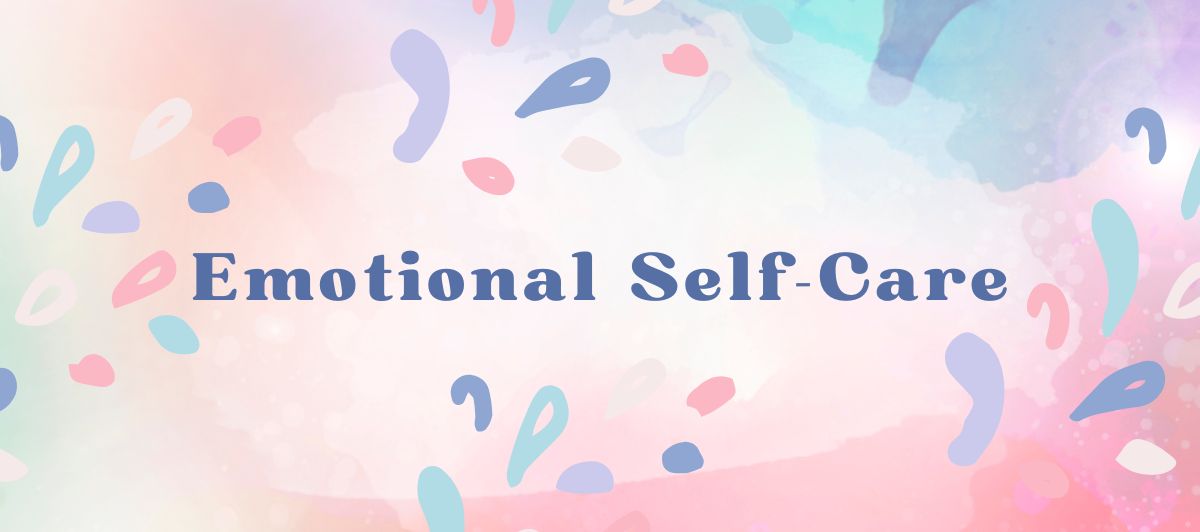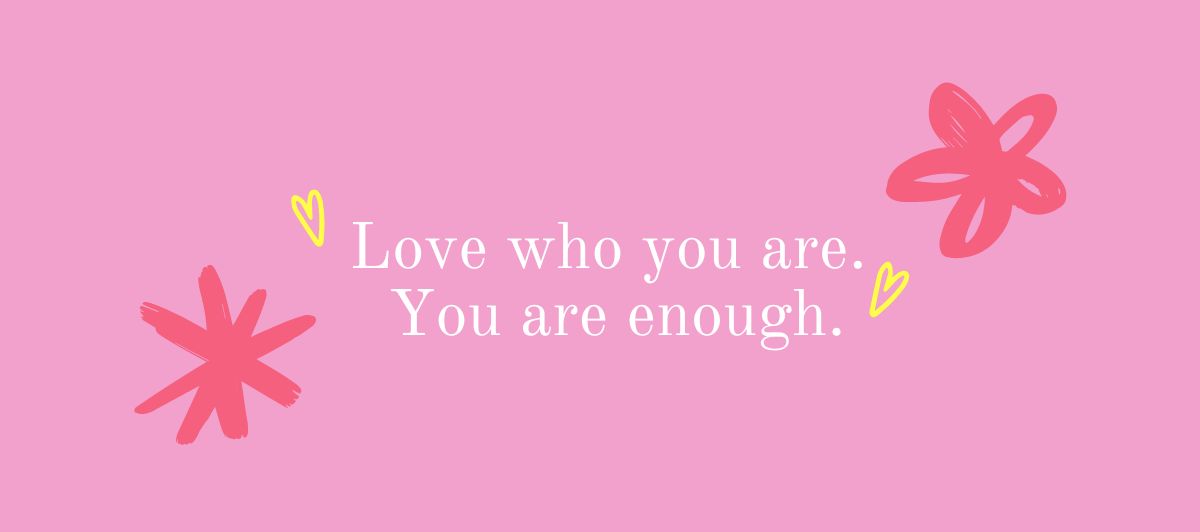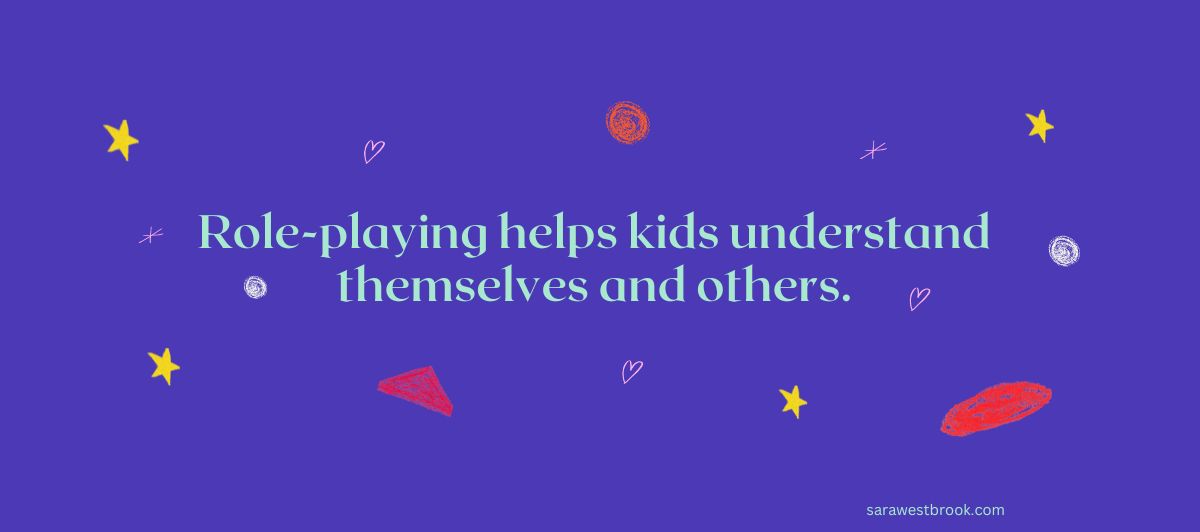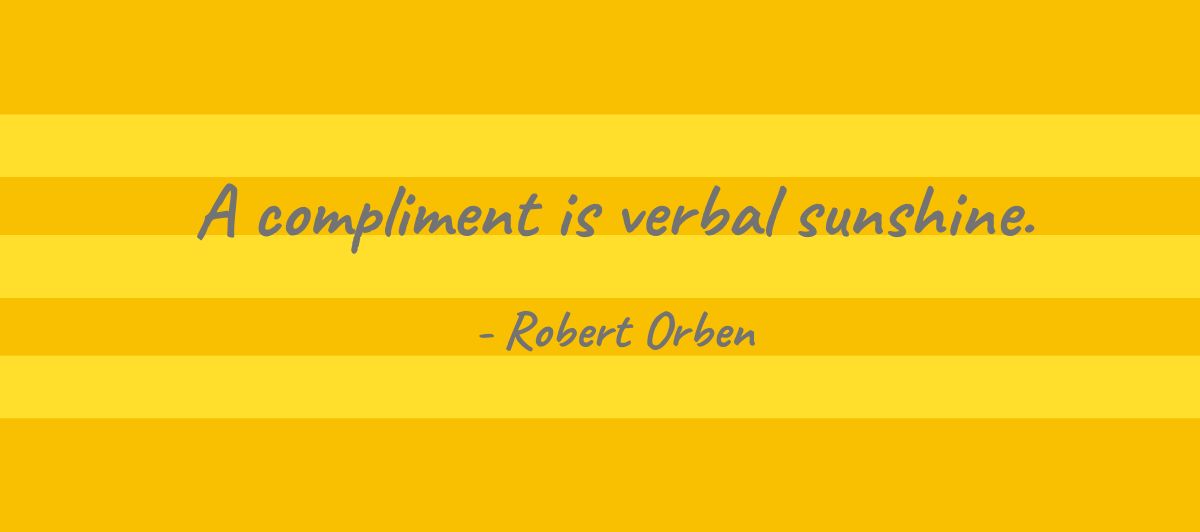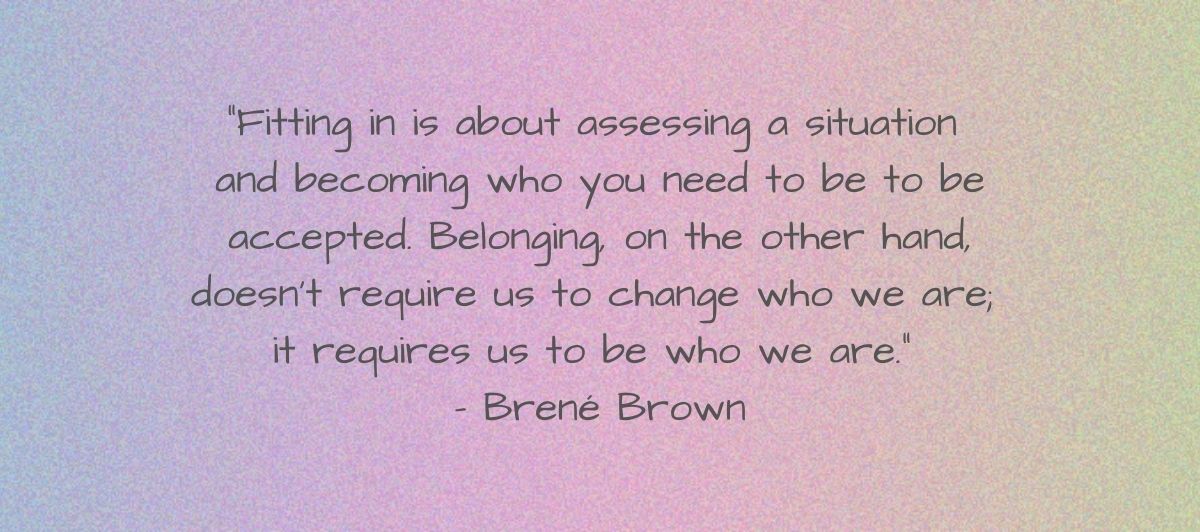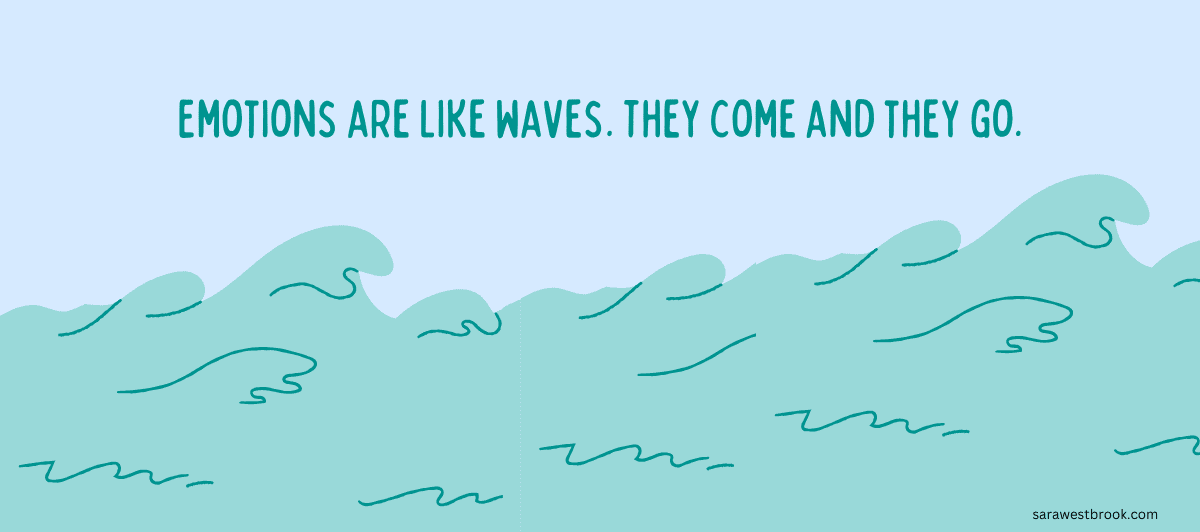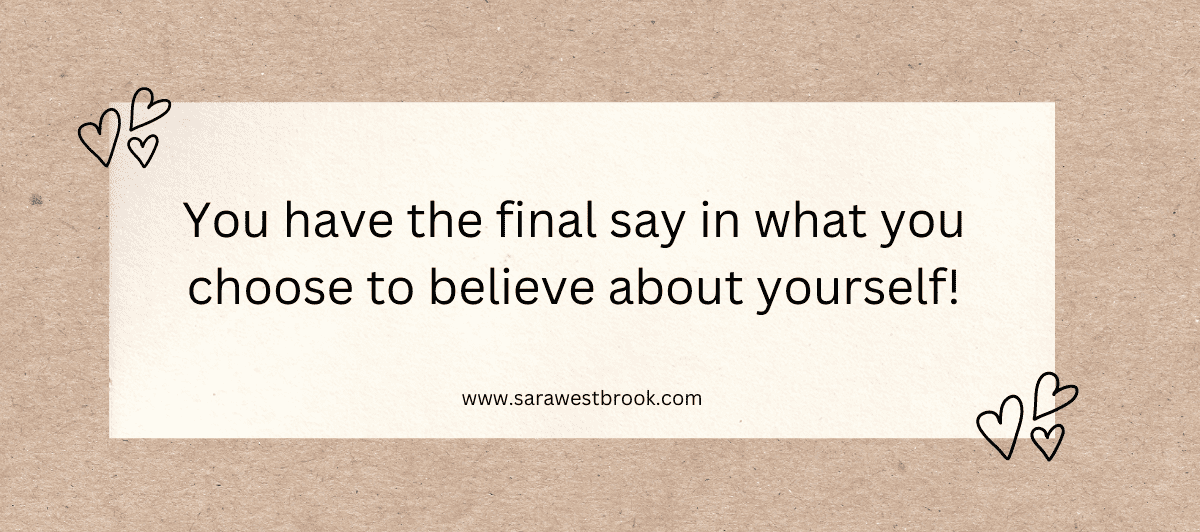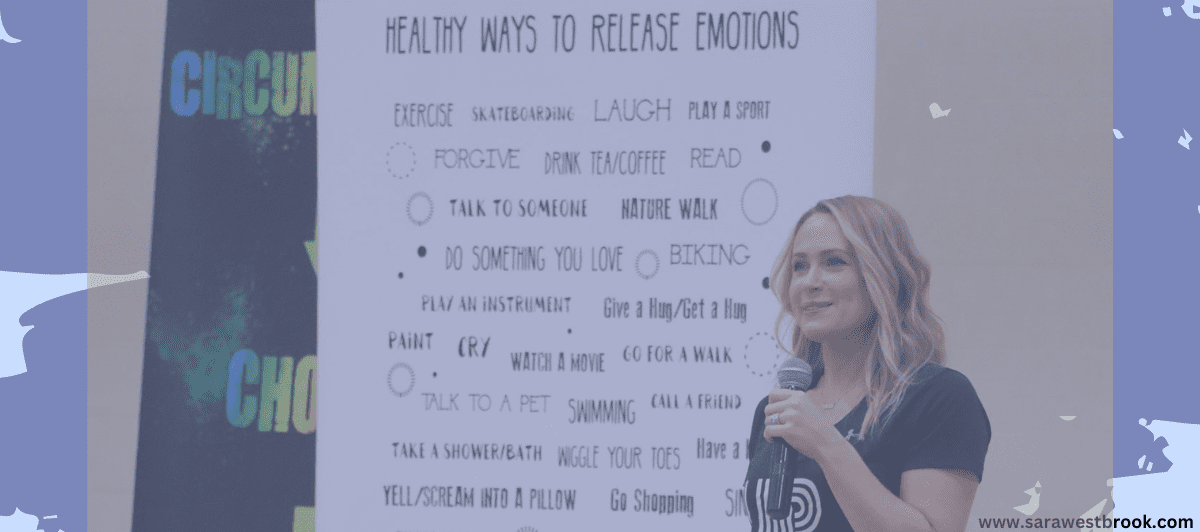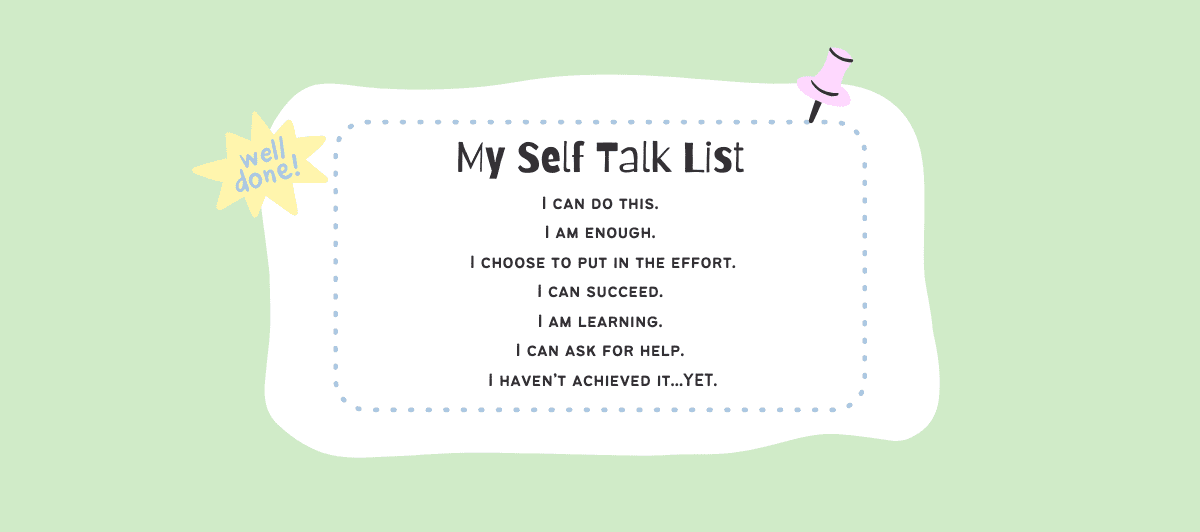
Helping Kids Get Excited about their Unique Beauty
We talk a lot about the issue of ‘bullying others’, even dedicating an entire week to it. However, it’s crucial to acknowledge that kids also ‘bully themselves’, creating negative self-talk that can have a lasting impact on their mental and emotional well-being, as well as their confidence.
I’d like to share a personal experience when I found myself going down a self-defeating, self-bullying path.
In grade 8 I represented my school in the running relay at the annual track and field day. After I had competed, a classmate came up to me and blurted, ‘You have big, fat legs.’ I was shocked and hurt.
What my classmate didn’t know was that I was already struggling to like my legs. I used to compare them to my friend’s legs – wishing mine were more like hers. Since my legs were bigger and shorter, I made it mean that mine were not beautiful. Comparing myself to her legs was ridiculous – it wasn’t going to change anything – it certainly wasn’t going to make my legs longer and thinner. Knowing this didn’t stop me from complaining about my legs to my mum.
One day she turned to me and said, ‘Let’s go to the doctor and see if she can cut them off.’ That was a wake-up call for me. Gradually I began to realize that I was wasting so much time and energy bullying myself. I was missing out on the beauty around me, including my own.
If a child you know is struggling with body image challenges, here are a few suggestions on what I did to help me be more appreciative of my body:
1. I found a photo of an Olympic athlete who had big, muscular legs standing proudly on the podium after winning a gold medal. She was happy and proud, not concerned about the size of her legs. That photo, pinned on my wall, inspired me to always remember to have an ‘attitude of gratitude’.
2. I wrote uplifting, encouraging, supportive thoughts and words. I placed them everywhere that I would see them. I repeated them over and over, knowing that the voice I heard the most throughout my day was my own, so I needed my words to be powerful and positive. Two of my favorites: ‘I choose to love and respect myself’ and the word ‘gratitude’.
3. I took the parts of my body that I resented and wrote down all the reasons why I needed to be grateful. For instance, recognizing that my legs allow me to run and walk, wear my favourite boots and take me wherever I want. This exercise played a pivotal role in helping me appreciate and be thankful for my body.
4. I posted photos of myself as a little girl around my room, choosing photos from ages 3 – 8. In these photos I saw a young girl who loved life, who smiled just because she could. She didn’t worry about how much she weighed or how big her legs were. These photos reminded me to treat myself with kindness and compassion
With consistency and mindful effort, I started to believe, ‘I’m beautiful just the way I am.’
This is what I know: It’s crucial to teach and model to kids the importance of kindness, acceptance and compassion, not only towards others, but also towards themselves.
Until next time…


